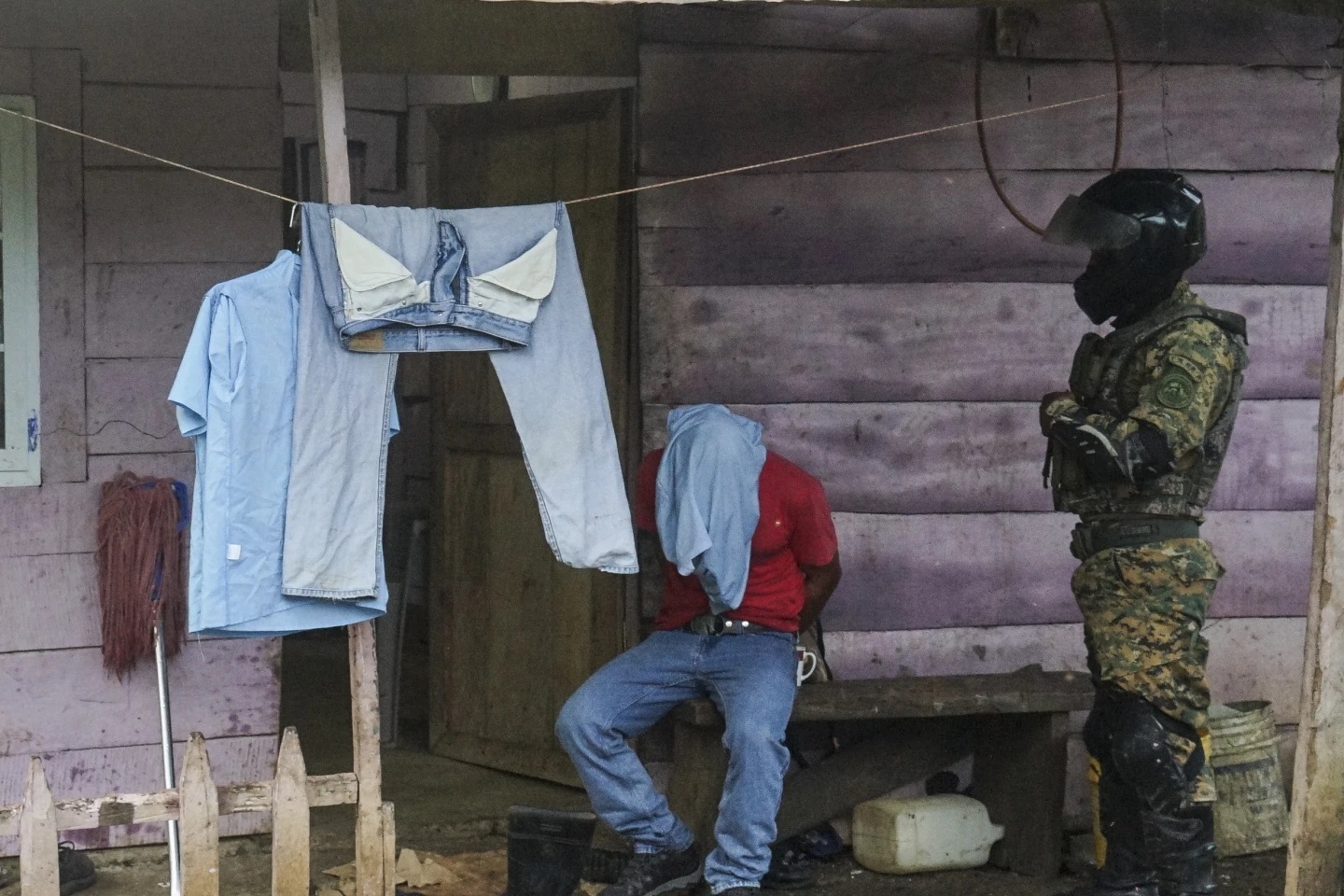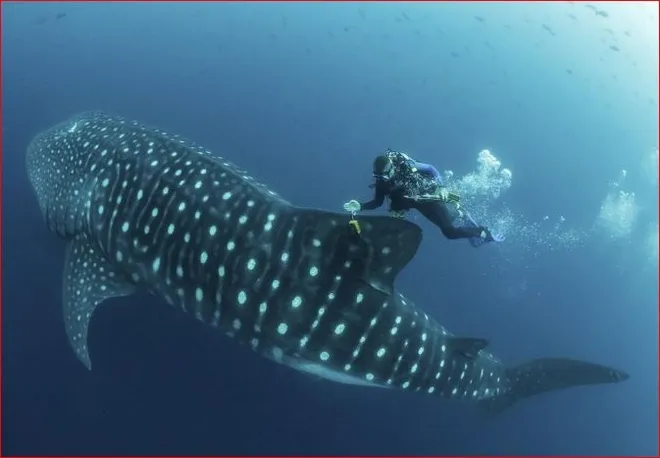Panama Dismantles “VIP Route” for Chinese Migrants in the Darién Jungle

Panama’s border police dismantled an organization involved in the human trafficking of Chinese migrants, facilitating a “VIP route” with fewer difficulties to cross the inhospitable Darién jungle on their way to the United States. “We have arrested 15 people linked to the crime of illegal migrant trafficking,” said prosecutor Emeldo Márquez. All those detained are Panamanians. The arrests were made in the jungle locality of Santa Fe, near the city of Metetí in the Darién province, a region bordering Colombia through which thousands of migrants pass on their way to the United States. The detainees, according to the prosecutor, operated a “VIP route” that takes less time, but for which migrants had to pay more money to the coyotes. It was mainly used by Chinese migrants.
Border police (Senafront) agents, together with prosecutors, raided several houses and farms, where they seized a dozen vehicles used by the detainees to transport migrants. Some are simple wooden houses located on the edge of the Inter-American Highway, while others are in less accessible places, reached by dirt roads, as AFP journalists observed. Several had cameras and electronic devices in the vicinity, presumably to alert of police presence. The raids also found trucks for transporting migrants and houses with businesses in the vicinity, allegedly to launder money from human trafficking. Prosecutor Márquez explained that this organization “operated by charging for packages ranging from 2,600 to 8,000 dollars per person.”
According to the official, the detainees, who work for Colombian gangs from the Gulf of Urabá, helped mobilize more than 700 migrants through Panama. Those arrested risk sentences of 15 to 20 years in prison. “This crime is part of the actions of transnational organized crime” that “uses a global phenomenon like migratory flow” and the “vulnerability of migrants,” said Commissioner Edgar Pitti, head of Senafront in the area. “It’s a route that has been called VIP because of the facilities it provides in moving faster than the route that the rest of the migrants are using,” Márquez stated. This route allows migrants to leave the Colombian towns of Capurganá or Necoclí, in the Caribbean, and arrive by sea to the Panamanian localities of Carreto or Caledonia. From there, they enter the jungle for a journey that takes them two days. Those who choose this route can make the journey by canoe, horse, or even in off-road vehicles. The rest of the migrants take 5 to 8 days to cross the jungle to reach the Panamanian village of Bajo Chiquito. For this option, migrants pay up to 500 dollars per person, according to Márquez. From Bajo Chiquito, they go by canoe to a shelter, where they receive assistance from Panamanian officials and international organizations. Then they continue their journey by bus to Costa Rica.
In 2023, more than half a million migrants crossed this jungle, where they face dangers such as raging rivers, wild animals, and criminal groups that rob, rape, and kill. So far this year, more than 220,000 people have crossed the jungle, mostly Venezuelans, but also Ecuadorians, Colombians, Haitians, and Chinese. The number of Chinese migrants through the Darién increased from 296 in the 2010-2019 periods to more than 12,000 so far in 2024, according to official Panamanian figures. According to the prosecutor’s office, Chinese migrants have greater purchasing power, which allows them to pay more to coyotes for shorter and safer routes. The Panamanian government announced weeks ago the closure of several trails used by migrants in the jungle. The deputy director of Senafront, Larry Solís, stated that the coyotes receive help from locals.





